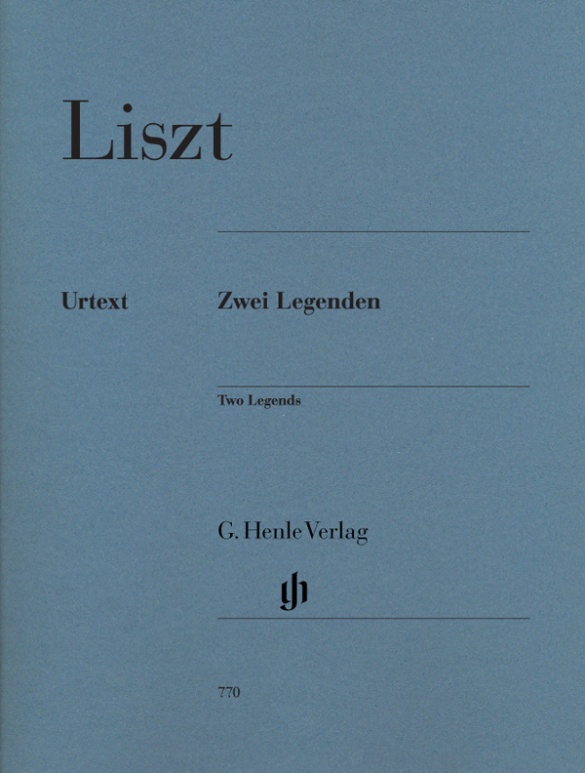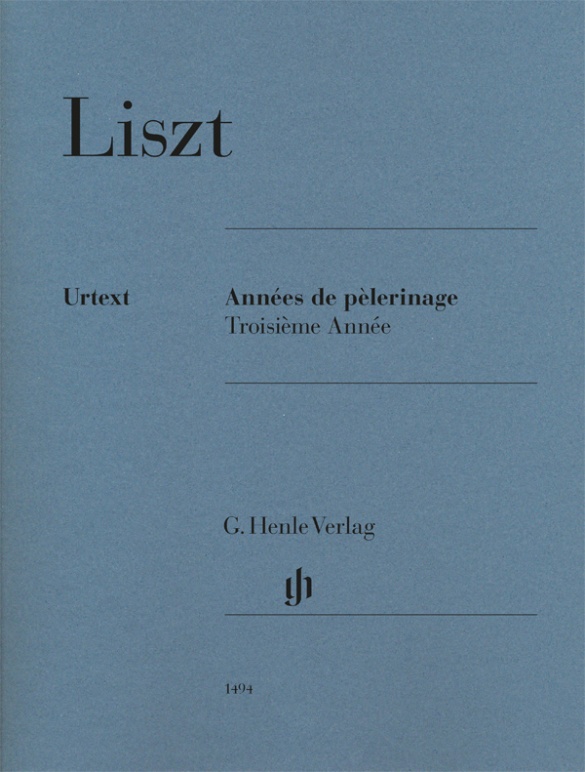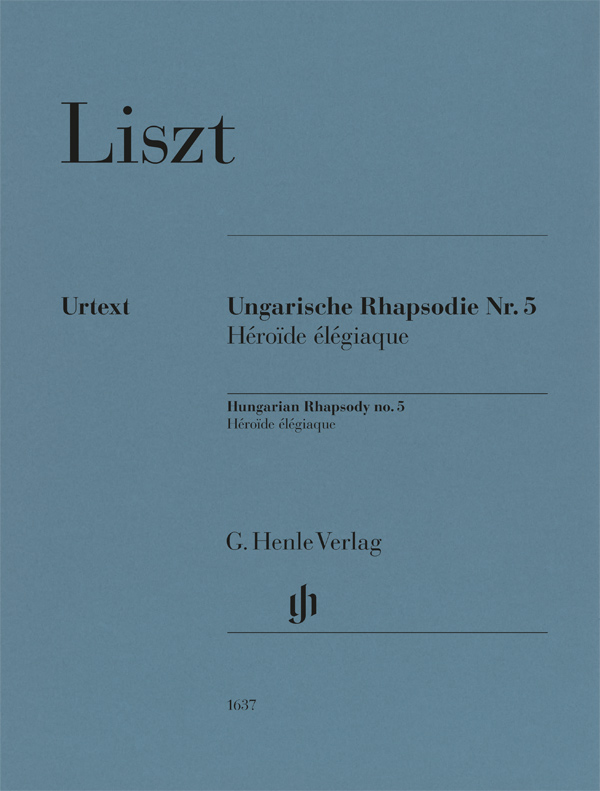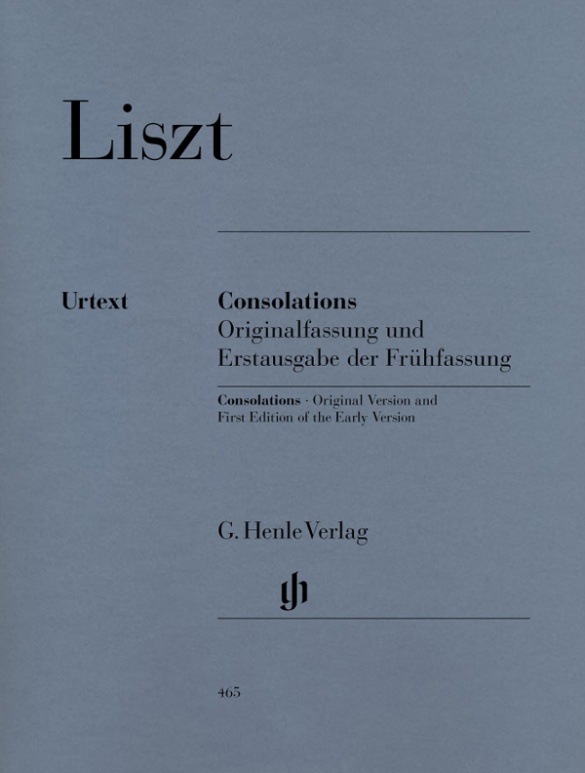

Franz Liszt
Consolations (avec première édition de la première version)
Relativement faciles à exécuter – ce qui est rare parmi les compositions plutôt excentriques et virtuoses du compositeur – ces six petites pièces pour piano font partie des œuvres les plus connues de Liszt. Liszt s’était déjà attelé à ce cycle en 1844 et le fit paraître en 1850. Il fit graver les pièces, mais cette version ne fut jamais publiée. La troisième pièce, ébauche de la première Rhapsodie hongroise, fut remplacée par un morceau composé dans le style des Nocturnes de Chopin (on a parfois l’occasion de l’entendre en bis lors de récitals de piano). Quant aux autres pièces, il les simplifia. Henle fait paraître pour la première fois en deuxième partie de son édition l’intégralité de cette version de jeunesse.
CONTENU/DÉTAILS
(Explanation)
CONCERNANT LE COMPOSITEUR
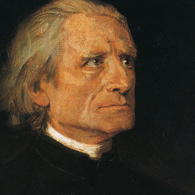
Franz Liszt
Le célèbre virtuose du piano du XIXe s. est considéré comme l’une des figures d’artiste et de compositeur les plus influentes de ce que l’on appelle la Nouvelle École allemande (avec Berlioz et Wagner). Son immense œuvre musicale comprend au premier plan des œuvres pour piano seul, parmi lesquelles de nombreuses transcriptions; il développe en outre le poème dit symphonique. Ses œuvres chorales sacrées et profanes ainsi que ses mélodies sont tout aussi importantes.
| 1811 | Né le 22 octobre à Doborján (auj. Raiding en Autriche), fils d’un fonctionnaire au service du prince Esterházy. Premiers cours de piano auprès de son père, premiers essais de composition, première audition publique à l’âge de 9 ans. |
| 1822 | La famille s’installe à Vienne. Suit les cours de Carl Czerny et d’Antonio Salieri. |
| 1823 | La famille s’installe à Paris. Cours de composition chez Ferdinando Paër et Antonín Reicha (1826). Se produit dans des salons, concerts. |
| 1824–27 | Tournées de concert en France, en Angleterre et en Suisse. Composition de paraphrases d’opéras pour piano. |
| 1830 | Rencontre avec Berlioz, lectures et études. Il devient l’un des pianistes et professeurs de piano les plus appréciés de la société parisienne. |
| 1835 | Il s’installe en Suisse avec la comtesse Marie d’Agoult. C’est là que naît Blandine-Rachel leur premier enfant. Par ailleurs, il continue à donner des concerts à Paris. |
| à partir de 1839 | Incessantes tournées de concert à travers toute l’Europe. |
| à partir de 1847 | Poèmes symphoniques, entre autres n° 2 «Tasso: lamento e trionfo», n° 1 «Ce qu‘on entend sur la montagne», «Faust-Symphonie», «Dante-Symphonie» ainsi que «La Bataille des Huns» [n° 11]. |
| 1848–61 | Maître de chapelle à Weimar; il s’engage pour la musique «progressiste» (Wagner, Schumann, Berlioz). |
| 1857–62 | Oratorio «La Légende de sainte Élisabeth». |
| 1861–68 | Séjour à Rome. |
| 1865 | Reçoit les Ordres mineurs. |
| 1866–72 | Oratorio «Christus». |
| 1871 | |
| Nommé conseiller à la cour de Hongrie; il vit à Rome, Weimar et Budapest. | 1886 |
About the Authors
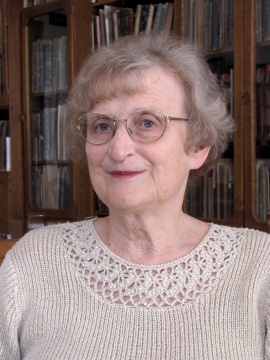
Mária Eckhardt (Editeur)
Mária Eckhardt, born in 1943 in Budapest, studied at the Budapest Academy of Music (Liszt Ferenc Academy of Music, today University of Music), and in 1966 she graduated with a diploma in choral conducting and teaching music. After holding different posts at the Hungarian National Library Széchényi and at the Institute for Musicology at the Hungarian Academy of Sciences she worked at the Liszt Ferenc Memorial Museum and Research Centre of the Liszt Academy of Music, of which she was Head between 1986 and 2009.
Eckhardt has been awarded numerous prizes for her Liszt research, in Hungary, and also in Europe and the US. Alongside Franz Liszt, her main research interests include the musical life of the 19th century and Hungary’s musical history.
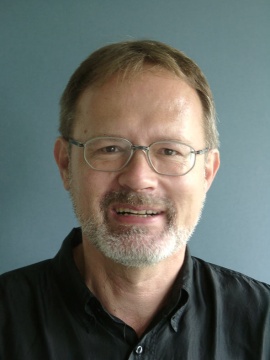
Ernst-Günter Heinemann (Editeur)
Dr. Ernst-Günter Heinemann, born in 1945 in Bad Marienberg (Westerwald), completed his schooling in Gießen and read musicology, philosophy and German in Marburg and Frankfurt/Main and also for some time Protestant church music. He did his doctorate on “Franz Liszts geistliche Musik. Zum Konflikt von Kunst und Engagement”.
From 1978–2010 Heinemann worked as an editor at G. Henle Publishers (in 1978 in Duisburg, from 1979 onwards in Munich). He edited a great many Urtext editions for the publishing house, including “Das Wohltemperierte Klavier”, Volume 1 by Bach and all of Debussy’s piano works. In addition, he wrote essays on Debussy, Grieg, Liszt, Mendelssohn and questions concerning general editing, as well as giving seminars on editorial practice for musicology students in Munich.

Klaus Schilde (Doigtés piano)
Prof. Klaus Schilde, born in 1926, spent his childhood in Dresden. There he was greatly influenced by Walter Engel, who taught him the piano (Kodaly method), composition and violin. From 1946–1948 he studied at the music conservatory in Leipzig with Hugo Steurer. After moving to the west in 1952 he studied with Walter Gieseking and Edwin Fischer, as well as with Marguerite Long, Lucette Descaves and Nadia Boulanger in Paris.
Schilde won numerous prizes. From 1947 onwards he gave concerts as a soloist and chamber musician on almost every single continent with renowned orchestras. He taught at the music conservatories in East Berlin Detmold, West Berlin, Munich, Tokyo (Geidai) and Weimar. From 1988–1991 he was President of the Staatliche Hochschule für Musik und Theater in Munich, where he also taught for decades as a professor. There are numerous radio and television broadcasts with Klaus Schilde as well as CD recordings. Schilde has contributed fingerings to almost 100 Henle Urtext editions.
Prof. Klaus Schilde passed away on 10 December, 2020.
Informations sur la sécurité du produit

G. Henle Verlag
Vous trouverez ici des informations sur le fabricant du produit.G. Henle Verlag e.K.
Forstenrieder Allee 122
81476 München
Allemagne
info@henle.de
www.henle.com
recommandations
autogenerated_cross_selling
Autres éditions de ce titre
Autres éditions de ce titre


